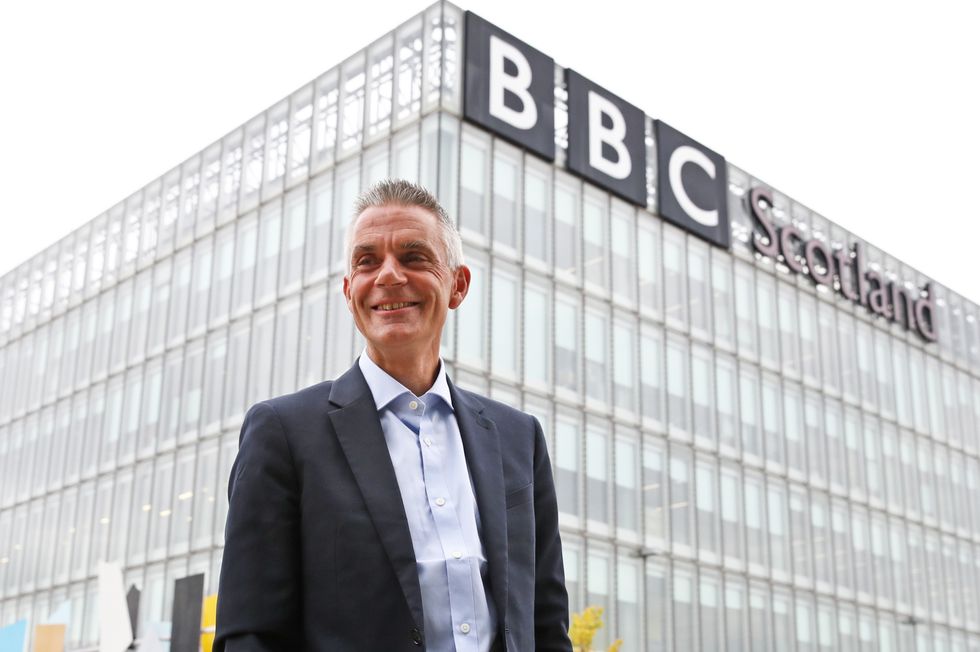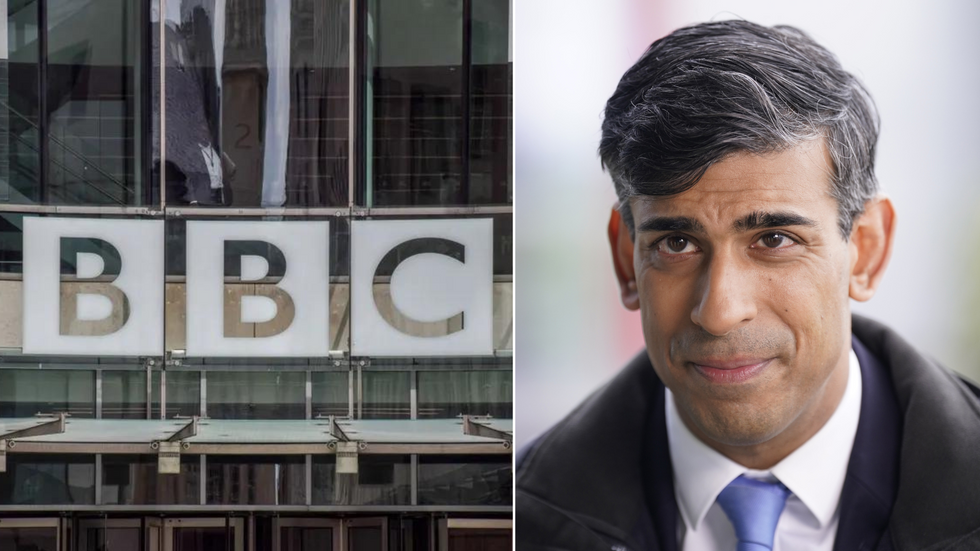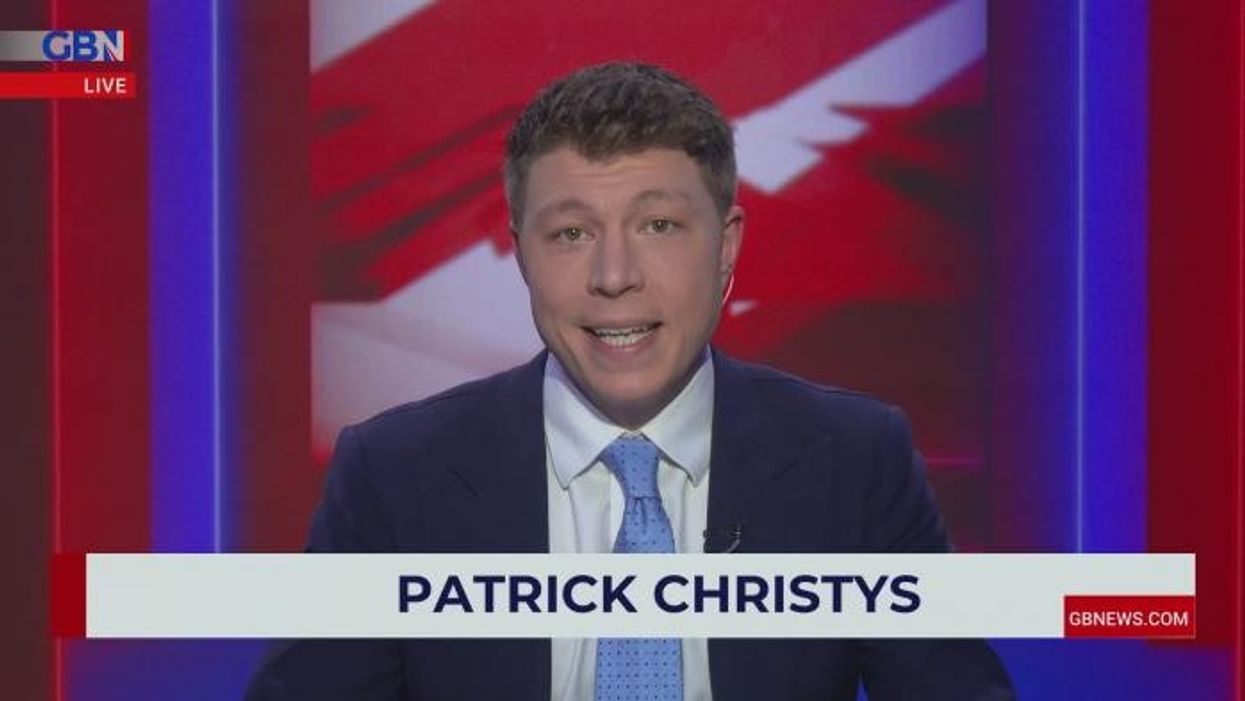The plans could see long-running programmes and even entire channels face the axe
Don't Miss
Most Read
Trending on GB News
The BBC is set to announce a litany of cuts and changes this week in an effort to get its finances back on track as the broadcaster faces a multi-million-pound funding slump - and the end of the licence fee.
Tomorrow, BBC Director-General Tim Davie will tell staff about his pledge to "secure the future of the BBC" via measures including a drive for more profitable partnerships like the broadcaster's recent coupling with Disney on Doctor Who.
Davie will say his plans are needed to "radically transform and renew" the BBC, which may leave both jobs and the corporation's output under threat.
The broadcaster may have to axe a number of expensive, if long-running, programmes - not to mention its array of TV and radio channels, which could be canned in favour of online-only content.

Davie will warn staff of the societal effect of losing hit British TV to "US and Chinese algorithms"
PA
Even the BBC's internet offerings are staring down the barrel of change; Davie will acknowledge the fact that iPlayer is not keeping pace with foreign streaming sites like Netflix and Amazon Prime, and will make a pledge to redevelop the entirety of the broadcaster's online platforms.
He is also set to warn staff of the societal effect of losing 'shared cultural moments' and hit British dramas offered by non-on-demand TV to "US and Chinese algorithms", which increasingly shape what Britons consume.
Davie will say: "We are in danger of allowing the UK’s world-class creative industries to be undermined, and diminishing our unique cultural identity and its remarkable influence worldwide."
The speech is part of a wide-ranging move to address "a new wave of technological change reshaping the media landscape."
READ MORE:
- BBC in 'absolute meltdown' as female staff in uproar over censuring of presenter for trans women remarks
- BBC is letting Gary Lineker 2.0 go unpunished for relentless left-wing ATTACKS on Brexit and WHITE people, blasts Patrick Christys
- BBC accused of 'capitulating to cult ideology' in its transgender reporting by individuals who often have a 'big personal stake'

The broadcaster has blamed 14 years of Conservative leadership for its woes
Getty/PA
Earlier this month, a memo from the director-general said: "A new wave of technological change is reshaping the media landscape and bringing fresh challenges for us all: to our democracy; to our creative economy; and, to society."
Davie also thanked corporation staff for "deliver[ing] some outstanding content across the BBC and taking big steps in our work to transform the organisation".
But the announcements sit before a grim backdrop for the Beeb - licence fee income dropped to £3.47 billion in 2023, though the BBC is set to counter this by bumping the fee up to £169.50 from next month.
But the broadcaster has blamed 14 years of Conservative leadership for its woes; it argues funding cuts made under the party have led to a 30 per cent budget drop in real terms.
To counter a £90million funding shortfall after the latest licence fee settlement, the BBC has also started playing ads on its podcasts - a first for British listeners - as well as placing a number of its radio producers under commercial management.
Reacting to the developments, News Media Association chief executive Owen Meredith said the move was "very alarming" and such an intervention would "profoundly distort competition, wreaking havoc on commercial players" across the media sector.
While commentator Andy Jones said the move was "grossly unfair" and warned of the impact on independent creators in the audio industry.
The existing fee agreement expires at the end of 2027 - and the Conservative government has pledged to replace it with a new funding model, which could spell the end of the licence fee altogether.









